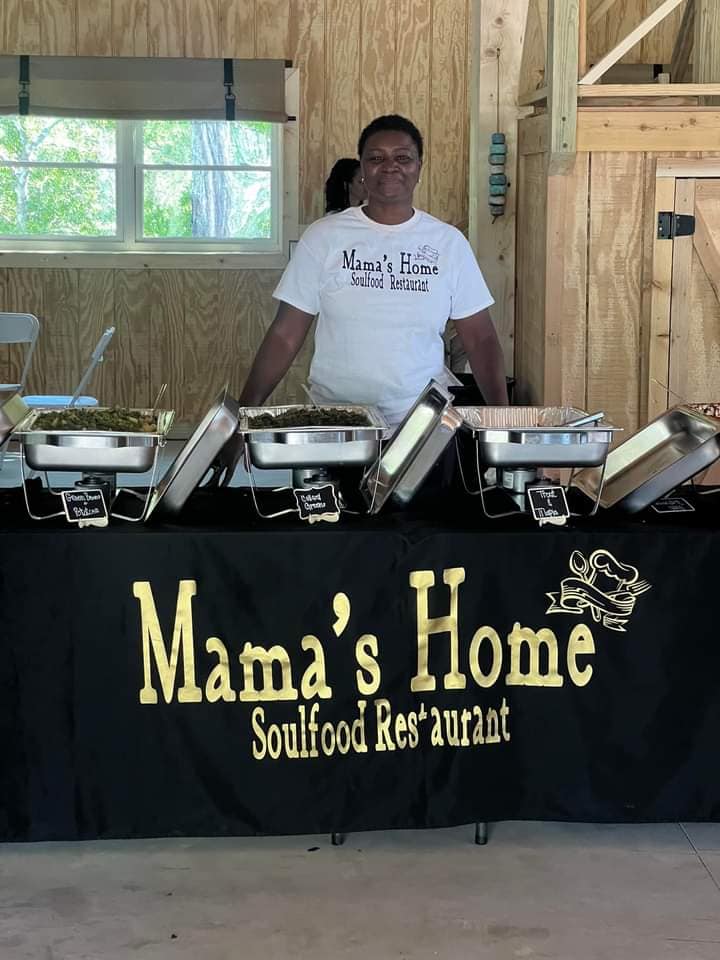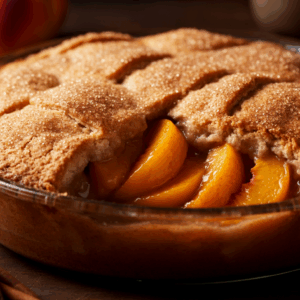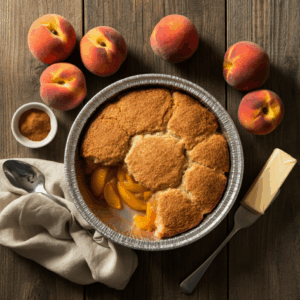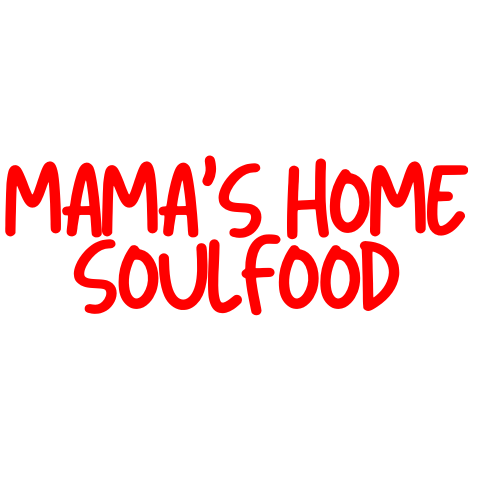In today’s fast-paced world, catering businesses must embrace technology in catering, including efficiency tools and catering software, to thrive and grow.
From online ordering systems and food delivery systems that streamline customer purchases to inventory management software that keeps track of supplies, including supplier management, the right tools can make a significant difference.
This article explores essential technologies, including mobile apps, digital payment solutions, and online payment systems, helping you understand their benefits and how to implement them effectively using catering management systems.
We discuss the importance of social media marketing and CRM software for building strong customer relationships and engagement through effective customer loyalty programs.
Dive in to discover how these innovations can elevate your catering business through improved customer feedback, quality assurance, and marketing automation!
- Online Ordering Systems and Catering Trends
- Inventory Management Software and Cost Control
- Social Media and Digital Marketing in Catering
- Mobile Apps and Digital Tools for Catering Businesses
- Online Payment Systems & Digital Payment Solutions
- Customer Relationship Management (CRM) Software
- Frequently Asked Questions
- What are some ways to incorporate technology into my catering business?
- How can technology help improve efficiency in my catering business?
- Are there any specific tools or software that caterers should consider using?
- Can technology help me grow my catering business?
- How can I stay updated on the latest technology trends for the catering industry?
- Is it necessary to have a tech-savvy team to implement technology in my catering business?
Online Ordering Systems and Catering Trends
In the fast-paced world of catering, online ordering systems have revolutionized how businesses manage their operations, enhancing efficiency, improving client engagement, and streamlining the entire food delivery process with delivery tracking.
With the advent of technology, catering businesses can now offer seamless online ordering experiences, allowing customers to place orders easily and quickly while enabling caterers to focus on their core competencies such as event planning, menu customization, food presentation, and food safety.
This transformation not only meets the increasing demand for convenience but also drives growth through improved customer satisfaction and retention.
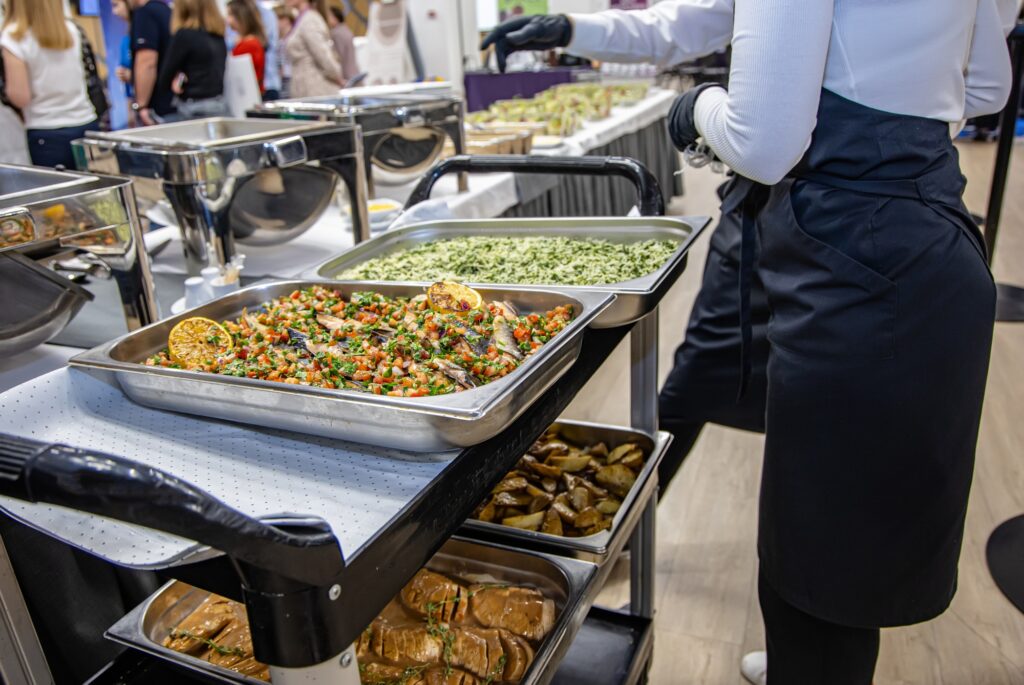
What Are the Benefits of Using Online Ordering Systems?
Online ordering systems provide a myriad of benefits for catering businesses, ranging from improved efficiency to enhanced customer feedback mechanisms that can streamline operations, support resource allocation, and maximize profits.
By leveraging advanced technology, these systems not only simplify the ordering process but also facilitate real-time data collection and analysis using analytics tools.
This allows catering companies to adjust their offerings based on direct client insights and preferences, ensuring that seasonal menus align with customer desires.
Such solutions can significantly enhance the sales funnel by automating follow-ups and reminders, engaging clients effectively at different stages of the buying journey.
This combination of efficiency and customer interaction ultimately leads to increased sales and a more tailored catering experience that meets the evolving expectations of clients through business growth strategies.
How to Choose the Right Online Ordering System for Your Catering Business
Choosing the right online ordering system for your catering business involves understanding your specific needs, evaluating available technology options, and ensuring that the chosen platform can deliver desired efficiency metrics.
This process begins with a thorough assessment of customization options that cater to individual business requirements, allowing for a tailored experience that can significantly enhance customer satisfaction.
Ease of use is paramount; the system should offer a seamless interface for both staff and clients, enabling quick navigation and transactions. It’s essential to consider how well the new system integrates with existing tools, such as inventory management and payment processing solutions.
By carefully weighing these factors, catering professionals can make an informed decision that aligns with their operational goals and boosts overall productivity.
Inventory Management Software and Cost Control
Inventory management software is essential for catering businesses, as it enhances efficiency through effective inventory tracking, reduces waste and supports food waste reduction, and ensures that the right ingredients are available for food preparation, all while leveraging cutting-edge technology.
What Is Inventory Management Software and Why Is It Important for Catering Businesses?
Inventory management software is a tool designed to streamline the tracking and management of stock, making it crucial for catering businesses to ensure food safety, reduce costs, and maximize efficiency through effective cost control.
This innovative solution empowers businesses to maintain precise visibility over their inventory levels, enabling them to identify and eliminate waste effectively and enhance supplier management.
By providing real-time data on stock availability, it helps caterers to prepare for events without overordering or running low on essential ingredients, thereby ensuring efficient event management.
The software can be integral in adhering to health regulations, as it allows for monitoring the freshness of perishable items, thereby safeguarding food quality and consumer safety.
In addition, by automating various management processes, it significantly enhances operational efficiency through workflow automation, allowing catering teams to focus more on delivering exceptional service rather than grappling with manual tracking methods.
Key Features to Look for in Inventory Management Software
When selecting inventory management software for your catering business, it’s vital to consider key features such as automation capabilities, real-time inventory tracking, and comprehensive reporting functionalities.
These features play a crucial role in streamlining operations and improving overall efficiency. Automation can greatly reduce the time spent on routine tasks, thereby freeing up valuable resources for event preparation and client engagement.
Real-time inventory tracking ensures that caterers have a precise understanding of stock levels, preventing shortages or overstock situations that could disrupt service. Robust reporting tools provide insights into usage patterns and financial data, give the power toing catering professionals to make informed decisions that drive profitability.
By focusing on these essential capabilities, caterers can select software that aligns closely with their unique business requirements.
Social Media and Digital Marketing in Catering
In the competitive landscape of catering, social media and digital marketing play a pivotal role in enhancing branding for caterers, reaching target audiences, and fostering strong audience engagement through strategic online presence and SEO for catering.
Why Social Media Is Essential for Catering Businesses
Social media has become essential for catering businesses, serving as a powerful platform for customer engagement, marketing strategies, and gathering valuable reviews to build social proof.
By leveraging these platforms, catering services can connect with their audience on a personal level, fostering relationships that translate into loyalty and repeat business.
Engaging content like behind-the-scenes videos or customer testimonials can enhance brand visibility and resonate with potential clients, encouraging them to choose a particular caterer over others.
Real-time feedback via comments or direct messages provides insights into customer preferences, enabling businesses to fine-tune their offerings and enhance overall service quality.
This two-way communication not only boosts marketing strategies but also cultivates a community around the brand, driving consistent growth.
How to Use Social Media to Promote Your Catering Business
To effectively use social media for promoting your catering business, implement a strategy that focuses on audience engagement, compelling content marketing, and consistent branding across platforms, including email marketing and local marketing.
By understanding the preferences and behaviors of your target audience through competitive analysis, you can create tailored content that resonates, fostering a sense of community and connection.
Utilizing visually appealing posts, testimonials, and behind-the-scenes glimpses can enhance your brand’s personality and authenticity, employing food photography to capture attention.
Leveraging user-generated content encourages customers to share their experiences, which not only promotes engagement but also expands your reach.
Interacting with followers through polls, Q&A sessions, and prompt responses to inquiries strengthens relationships and builds loyalty, ultimately solidifying your presence in a competitive market through stakeholder communication.
Mobile Apps and Digital Tools for Catering Businesses
Mobile applications have emerged as a game-changer for catering businesses, enhancing efficiency, improving customer service, and streamlining event planning processes through user-friendly interfaces, innovative features, and digital tools.
What Are the Benefits of Having a Mobile App for Your Catering Business?
Having a mobile app for your catering business offers numerous benefits, including enhanced efficiency in operations, improved customer service, and increased client engagement through convenient access to your services, aided by marketing automation.
By allowing customers to easily browse menus, customize orders, and schedule events at their fingertips, catering businesses can foster a more personalized experience.
This immediacy not only keeps clients engaged but also builds loyalty over time, as users appreciate the ease of interaction.
Streamlined operations lead to quicker response times and less manual intervention, freeing up staff to focus on what truly matters: delivering exceptional dishes and memorable experiences, supported by effective staff scheduling and training tools.
Mobile apps serve as a powerful tool to support business growth while enhancing customer satisfaction in the competitive catering landscape, optimizing for performance metrics and business intelligence.
How to Create a Mobile App for Your Catering Business
Creating a mobile app for your catering business involves understanding your target audience’s needs, selecting the right technology, and incorporating catering software features that enhance the overall customer experience.
By engaging with potential customers through surveys or focus groups, and utilizing customer feedback, you can uncover their preferences and pain points, allowing for a more tailored solution.
When choosing technology for development, it’s vital to evaluate programming languages and frameworks that not only support scalability but also ensure high performance, efficiency tools, and security.
Prioritizing features such as user-friendly menus, online ordering, real-time order tracking, and food delivery systems can significantly influence customer satisfaction.
Integrating feedback mechanisms and loyalty programs into the app, along with growth strategies, may enhance user interactions and retention rates, creating a holistic approach to your catering business’s mobile presence.
Online Payment Systems & Digital Payment Solutions
Online payment systems are increasingly vital for catering businesses, enhancing operational efficiency, improving customer service, and simplifying payment processing to support seamless transactions, and ensuring financial management.
Why Offering Online Payment Options Is Important for Catering Businesses
Offering online payment options is crucial for catering businesses as it enhances efficiency, improves customer experience, ensures secure, hassle-free transactions, and aligns with catering logistics.
By streamlining the payment process, these options allow caterers to focus more on delivering exceptional service rather than managing cumbersome cash transactions, ensuring better resource allocation.
Customers benefit from a seamless experience, as they can effortlessly pay from their devices, making it convenient and quick, enhancing customer engagement.
Robust security measures protect sensitive data, instilling confidence in both clients and service providers, while supporting cost control.
When catering businesses embrace online payment solutions, they not only facilitate smoother transaction management but also position themselves for growth in an increasingly digital marketplace, ultimately leading to enhanced customer satisfaction, loyalty, and improved business intelligence.
How to Set Up Online Payment Systems for Your Catering Business
Setting up online payment systems for your catering business requires selecting the right technology, ensuring compatibility with existing tools, and focusing on enhancing overall efficiency, customer service, and technology adoption.
To begin, it’s essential to assess your current operational needs and determine which features are vital for streamlining management, inventory management, and improving customer interactions.
Consider various payment processing options, such as credit card processors or mobile payment applications, that align seamlessly with your booking system and event planning.
After narrowing down the choices, integrating the technology into your existing platforms should be straightforward, but thorough testing and quality assurance are critical to avoid disruptions.
A smooth transition not only simplifies transactions but also fosters trust with customers, ultimately enhancing their experience, driving greater visibility, and supporting lead generation in a competitive market.
Customer Relationship Management (CRM) Software
CRM software is an essential tool for catering businesses, providing a comprehensive approach to customer relationship management that enhances efficiency, streamlines client engagement, and fosters long-lasting relationships, supporting workplace automation.
What Is CRM Software and How Can It Help Your Catering Business?
CRM software is a platform designed to help catering businesses manage customer relationships effectively, enhancing efficiency through improved customer management, data analytics, and business planning.
By centralizing customer information, this powerful tool streamlines communication, ensuring that every team member has access to crucial data at their fingertips, aiding supplier management.
Not only does it track interactions and preferences, but it also provides insightful analytics that can guide decision-making and strategy development. As a result, catering businesses can identify trends, tailor their offerings, and ultimately foster stronger customer loyalty, including through effective marketing automation.
The automation of routine tasks allows teams to focus on delivering exceptional service, which is essential for driving growth in a competitive market and enhancing employee productivity.
In essence, this software gives the power to businesses to think proactively rather than reactively, setting the stage for sustained success and strong stakeholder communication.
Key Features to Look for in CRM Software for Catering Businesses
When selecting CRM software for your catering business, it’s crucial to consider key features such as automation capabilities, customer management tools, and reporting functionalities that align with your operational needs, including cloud solutions.
By prioritizing these essential components, one can streamline workflows, enhance customer interactions, and gain valuable insights from data analysis and financial forecasting.
Automation features can help manage scheduling, invoicing, follow-ups, and staff scheduling, reducing the manual workload significantly.
A robust customer management system enables easy access to client preferences, order history, and feedback, allowing for personalized service that can foster loyalty, supported by business growth strategies.
Comprehensive reporting functionalities are vital; they not only track performance metrics but also assist in forecasting trends, helping to make informed strategic decisions that drive future growth and support catering management systems.
Frequently Asked Questions
What are some ways to incorporate technology into my catering business?
One way is to use online event management tools to streamline bookings and communication with clients. You can also use mobile apps to track inventory and expenses, utilize social media for marketing and customer outreach, and focus on SEO for catering to enhance your online presence.
How can technology help improve efficiency in my catering business?
By automating certain tasks such as invoicing and scheduling, technology can free up time for you to focus on other aspects of your business. It can also help reduce errors and increase organization, leading to a smoother operation overall and improved catering logistics.
Are there any specific tools or software that caterers should consider using?
Absolutely! There are many event management and catering software options available, such as Gather, Caterease, and AllSeated. It’s important to research and find the best fit for your business’s needs and budget, including options for recipe management and branding for caterers.
Can technology help me grow my catering business?
Definitely. By utilizing online marketing strategies and building an online presence through a website and social media, you can reach a wider audience and attract more clients. Technology can also help you track analytics and customer data to make informed decisions for business growth, using analytics tools for better competitive analysis.
How can I stay updated on the latest technology trends for the catering industry?
Following industry leaders and experts on social media and attending conferences and workshops can keep you informed about new developments and trends in catering technology. It’s also important to stay connected with other caterers and share tips and advice, focusing on catering trends and sustainability in catering.
Is it necessary to have a tech-savvy team to implement technology in my catering business?
No, it’s not necessary to have a team that is completely tech-savvy. With proper training and resources, anyone can learn and use technology to benefit the business. It’s important to involve all team members in the implementation process to ensure a smooth transition, using training tools and professional development.
